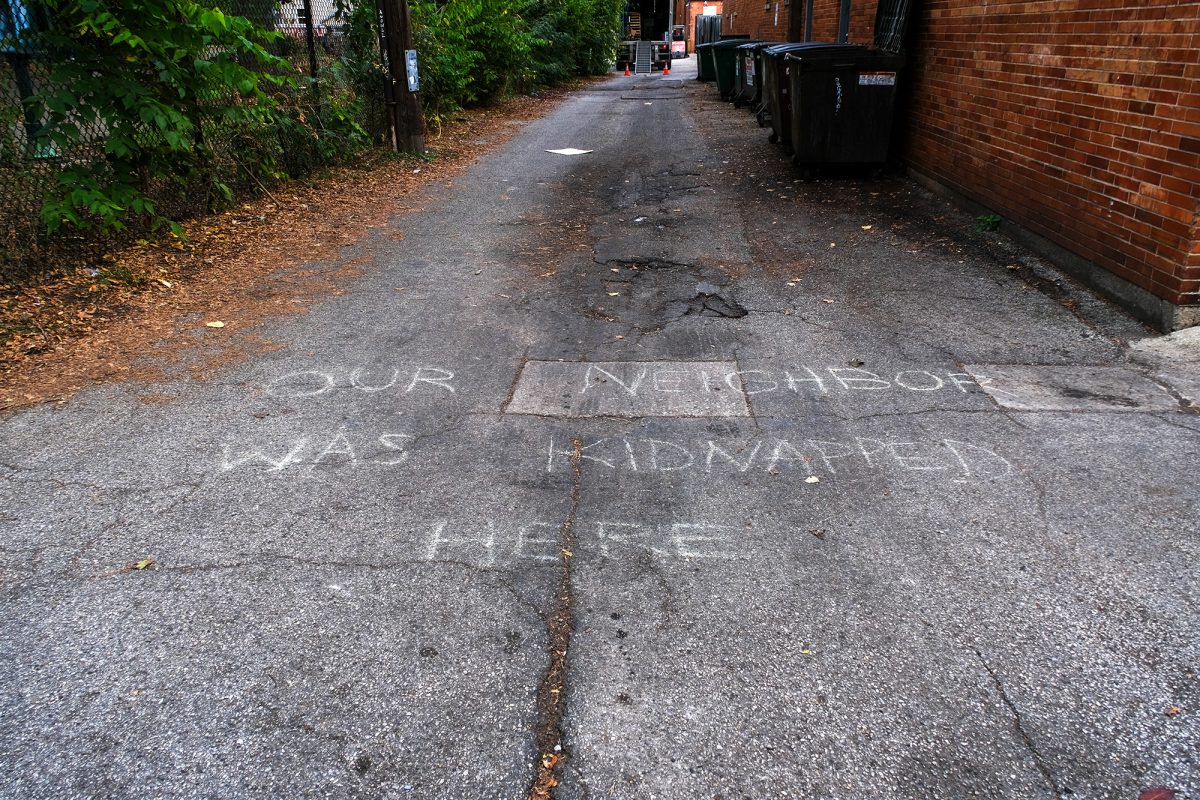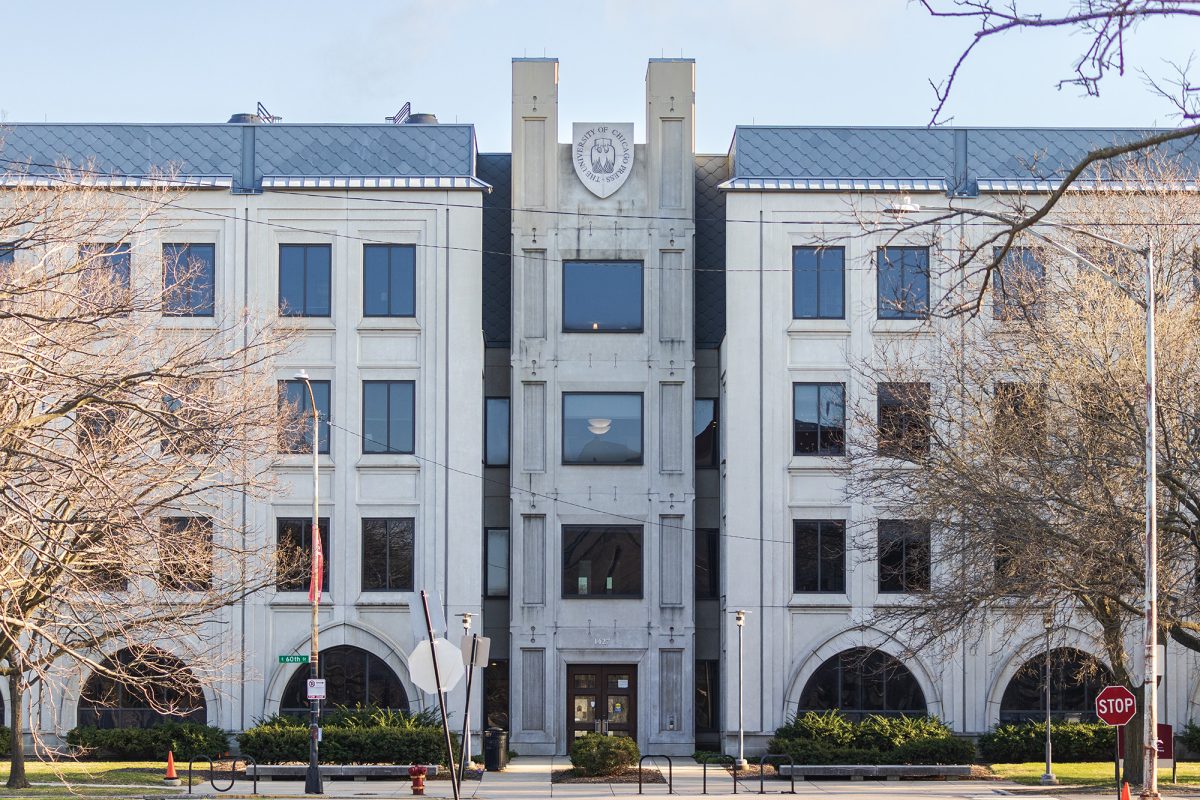On June 20, U.S. District Judge Indira Talwani struck down the National Science Foundation’s (NSF) recent policy capping reimbursement of indirect research costs at 15 percent, a significant reduction from the reimbursement rate that universities including UChicago had previously negotiated with the agency.
The NSF initially announced the indirect cost reimbursement cap in early May, following similar moves by the National Institutes of Health and the Department of Energy that have likewise been subject to court challenges. The agency had claimed that the cap would allow grant awardees “to focus more on scientific progress and less on administrative overhead.”
The spending caps—alongside large-scale terminations of federal research grants to universities, including UChicago—came as part of the Trump administration’s broader effort to cut government spending and to eliminate “waste, fraud, and abuse” of government grants and contracts.
Research universities negotiate coverage of “indirect” costs—expenses such as building maintenance, utilities, compliance, human resources, accounting, and administrative services—with the agencies and foundations that fund academic research. UChicago’s rates were not subject to renegotiation until June 2026.
In response to the changes in coverage, three academic associations and 13 universities, including UChicago, filed a federal lawsuit in Massachusetts seeking to overturn the policy. The plaintiffs argued that the policy was a regulatory overreach and that the NSF had failed to provide justification for overriding previously negotiated rates.
The lawsuit warned that “America’s standing as a world leader in scientific discovery will decline” as a result of the cuts. The new rate, it claimed, would result in an estimated $14.5 million annual loss to UChicago’s research budget.
Talwani ruled in favor of the research institutions, striking down the NSF’s 15 percent cap as “arbitrary and capricious” under the Administrative Procedure Act, which governs the conduct of federal agencies. The court found that the NSF failed to justify how the cap would advance its stated goal of increasing scientific progress or improving administrative efficiency.
“NSF has not explained how it will achieve efficiency in the grant awards process,” Talwani wrote, noting that the agency “is not the agency that negotiates indirect cost rates with [institutions of higher education].” She added that the “15% Indirect Cost Rate does nothing to eliminate any burden on other agencies that do negotiate indirect cost rates, or on universities that must still negotiate rates with other agencies.”
The court also found that the cap effectively imposes indirect cost sharing, a practice in which institutions are forced to cover unreimbursed overhead expenses out of pocket. This goes against Section 4708 of the Federal Procurement Policy Act, which prohibits the NSF from requiring cost sharing as a condition of grant eligibility.
While the NSF may choose to appeal the decision, its 15 percent indirect cost cap cannot currently be enforced, and universities will continue receiving indirect cost coverage at previously negotiated rates.
In a statement posted on its website after the ruling, the NSF said: “In compliance with the court’s decision, NSF will not implement the policy at this time. New NSF awards issued will not implement NSF 25-034, but will include a term applying NSF 25-034 for the entirety of the award if a subsequent court decision permits application of the policy.”














